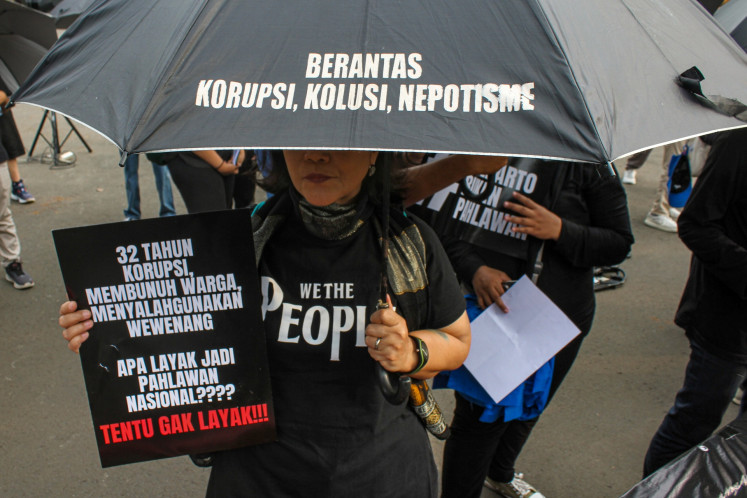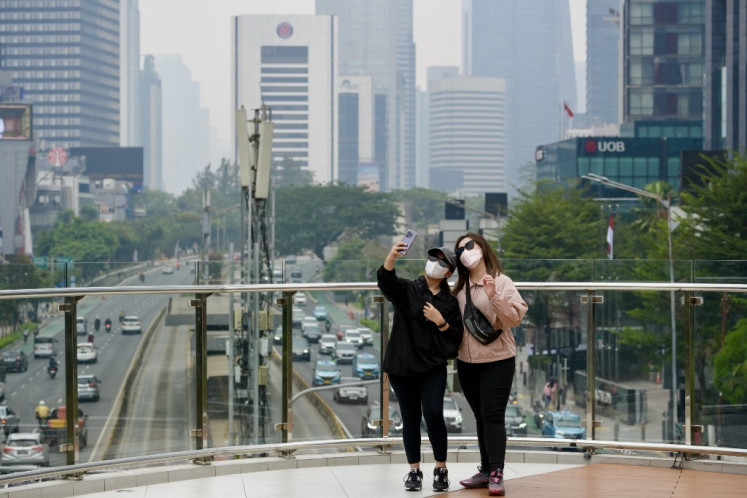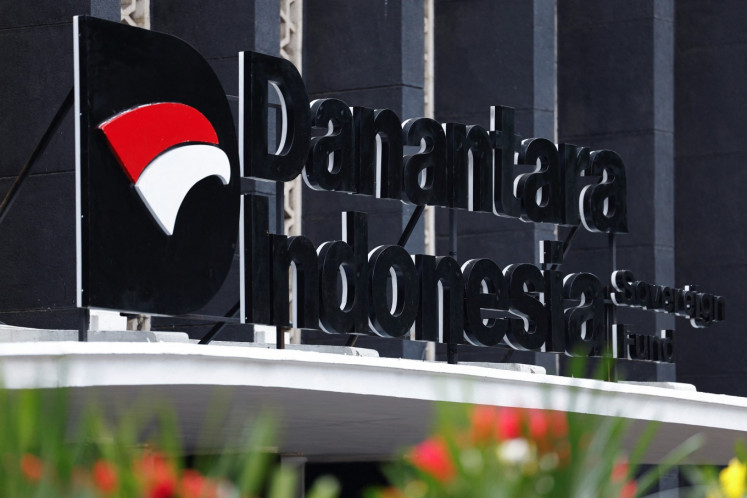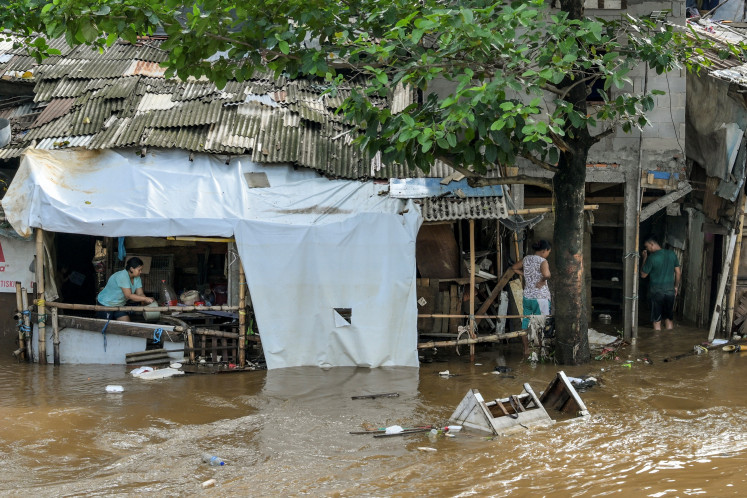Popular Reads
Top Results
Can't find what you're looking for?
View all search resultsPopular Reads
Top Results
Can't find what you're looking for?
View all search resultsQuo vadis, Bali Process?
But the recent deaths of some 30 Rohingya refugees at sea have served as the latest sobering reminder that real lives are at stake when nations drag their feet in finding solutions to a genuinely regional challenge.
Change text size
Gift Premium Articles
to Anyone
I
ndonesians, and more specifically, the people of Aceh, have once again garnered praise for rescuing hundreds of Rohingya refugees found stranded in waters off the western tip of the archipelago on Monday. Their sense of solidarity and duty, coupled perhaps with the lasting memory of desperation from the 2004 Boxing Day tsunami, has offered the world a new model for the Good Samaritan, at a time when governments have fortified their borders and foreigners are judged as being possible vectors for COVID-19 transmission.
For a country that has yet to ratify the 1951 Refugee Convention, Indonesia has prided itself on going above and beyond the call of duty, especially when it comes to accepting refugees who are desperate to escape persecution in a country that barely even recognizes them as human.
With an outsized concern for resolving the prolonged humanitarian crisis in Myanmar, Indonesia has proven to its ASEAN brothers and sisters that family matters can and should be resolved together.
But the recent deaths of some 30 Rohingya refugees at sea have served as the latest sobering reminder that real lives are at stake when nations drag their feet in finding solutions to a genuinely regional challenge.
If the government is serious in its goodwill endeavors, then it should go beyond the policy talk and take concrete action to prevent more refugees from making the precarious journey at sea and risking further loss of life.
However, it seems that in the context of the Bali Process, the premier regional antipeople-smuggling forum, Indonesia and the other members are content with running in circles and limiting themselves to consultations, without ever having to deal with the urgent here and now.
What use is it to gather countries of origin, transit and destination with the relevant authorities to put an end to all kinds of irregular migration, when there is not enough effort to capitalize on the forum’s convening power?
For Indonesia, there is of course the catch-22 that involves its neighbor Australia. If Jakarta one day decides to go all in to protect refugees, it might do so at the expense of sovereignty, while also saving Canberra the headache of having to deal with unwanted migrants at its own borders.
Such are the limitations of viewing a problem from a security perspective.
The pandemic has even helped reveal the excesses of nationalism, making it even harder for countries to find common ground on issues of migration – with the obvious exception of closing all of their borders.
But if our authorities were to share the empathy the Acehnese have offered to Rohingya Muslims, we may be able to see that it is possible to enforce health protocols and maintain our sovereignty while also welcoming complete strangers.
If we predicate our policies on generosity and goodwill, on the right to life, to health and safety, hopefully it will be easier to find the right policy mix.










